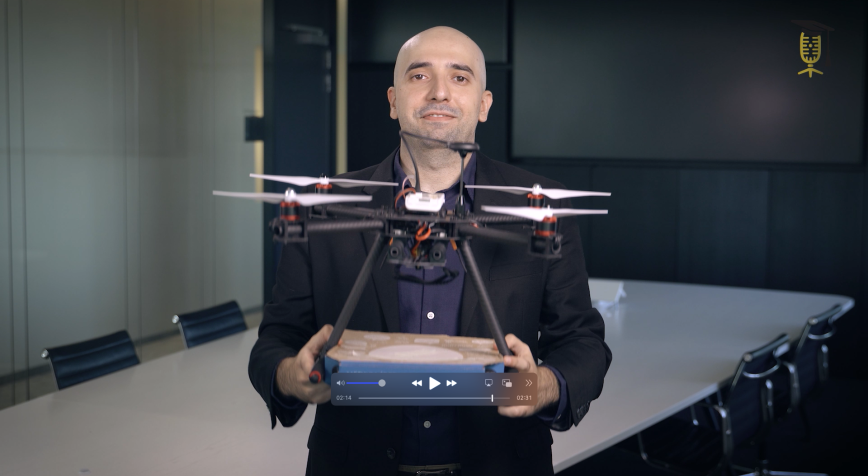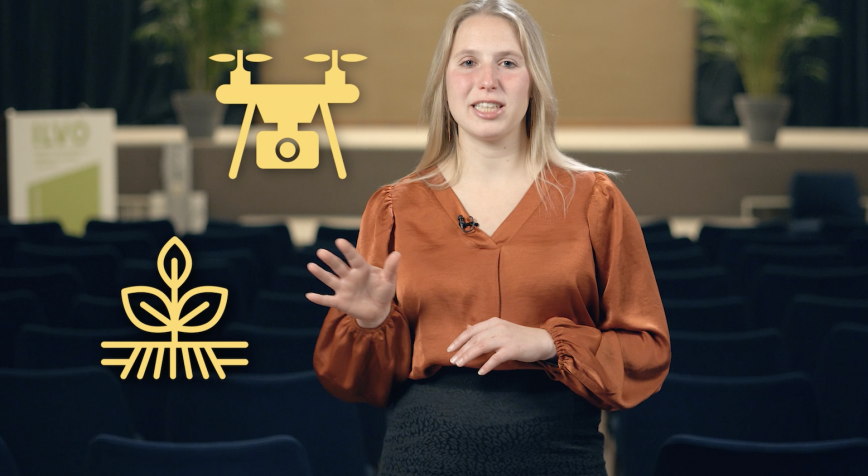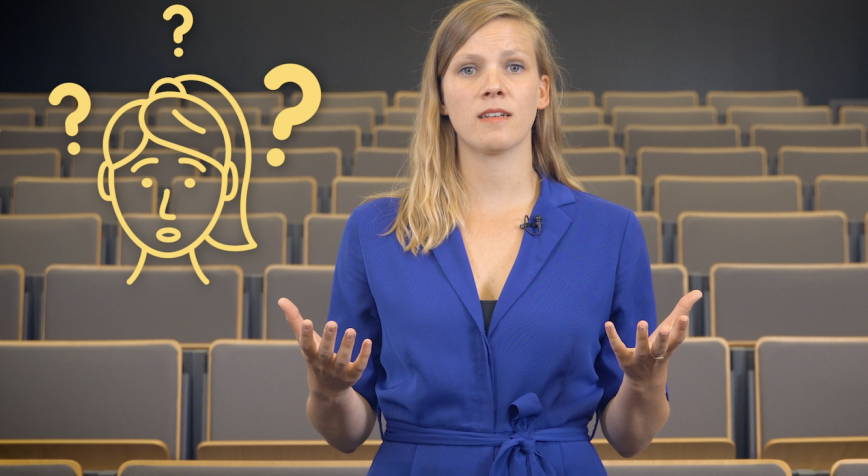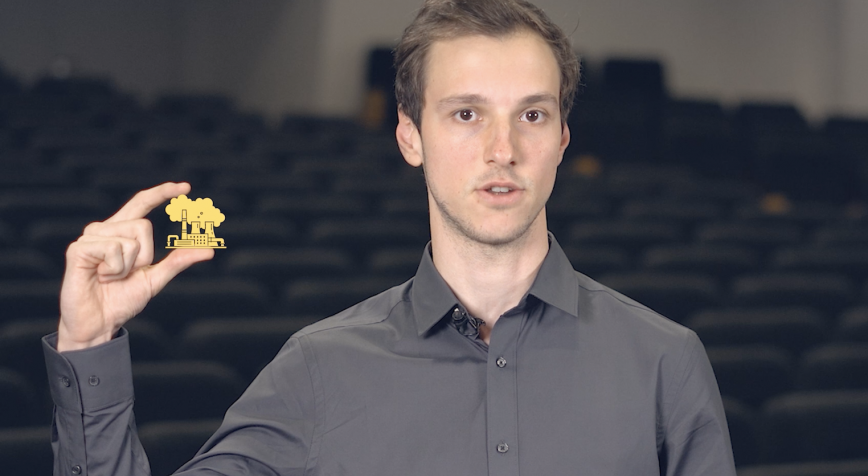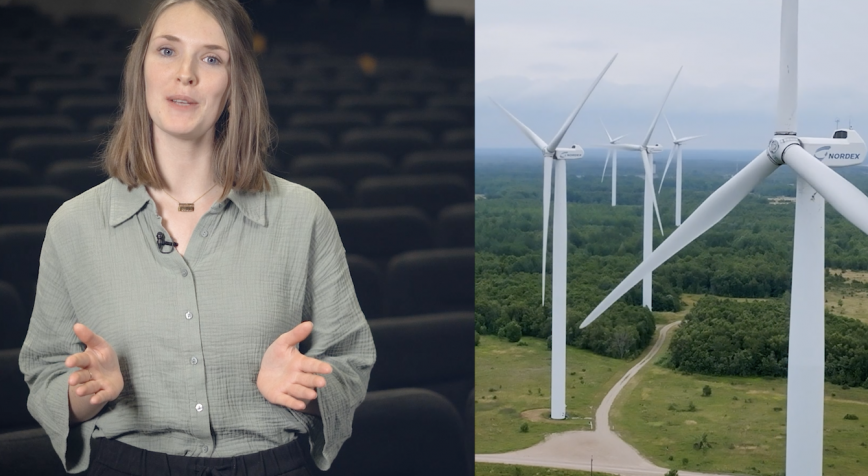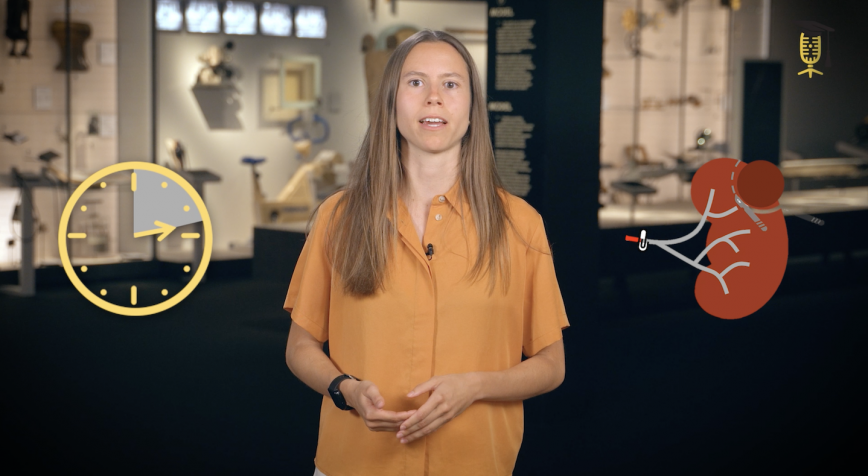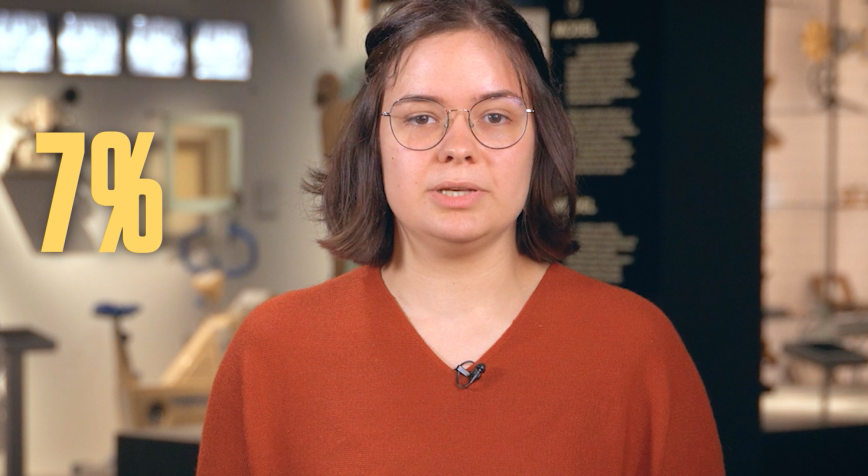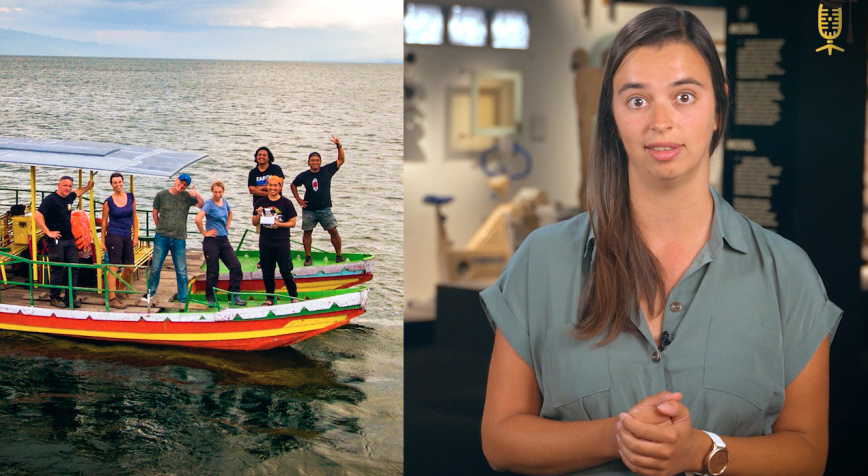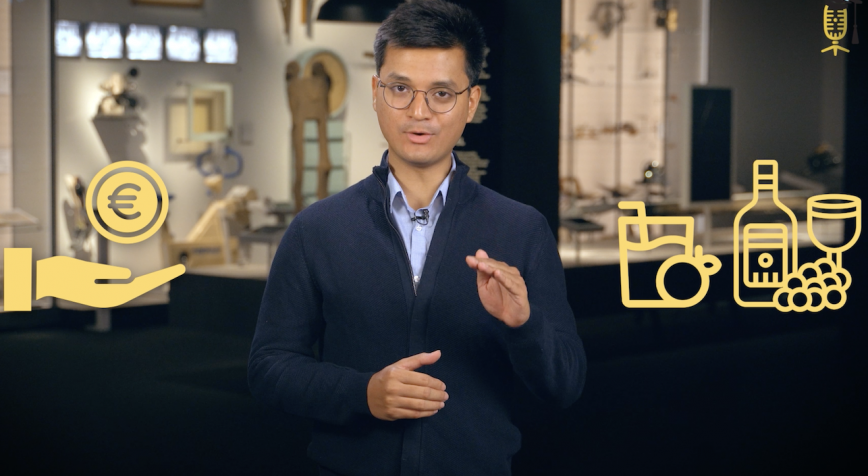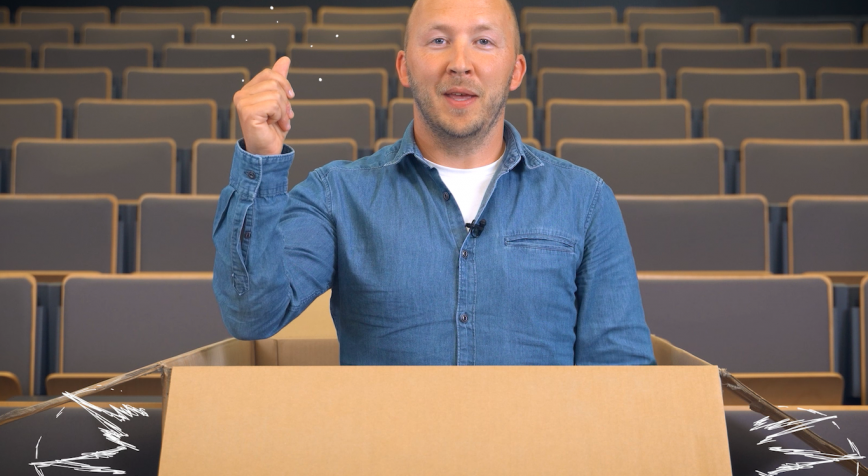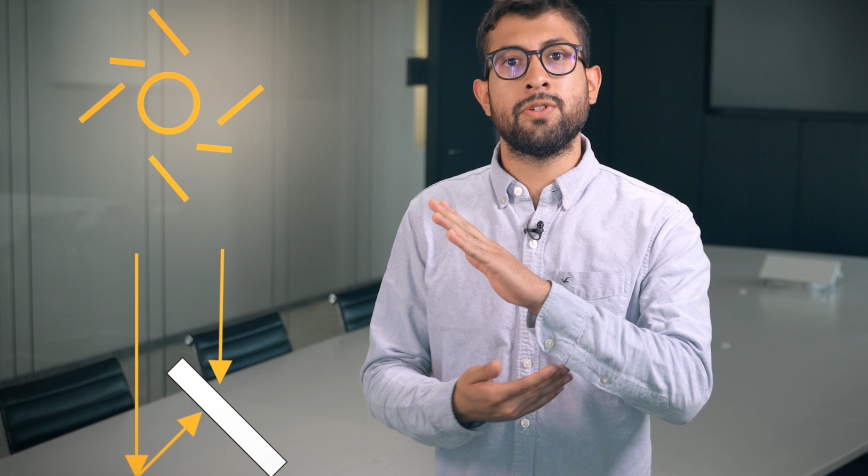
imec
KU Leuven
More solar power for a more sustainable future
Producing renewable, low-cost energy in a robust way remains a challenge. Jose Maria Cuevas (Imec - KU Leuven - Energyville) is looking at a new sort of solar cell that might help do the trick: the *take a breath* 3 Terminal Tandem Bifacial Solar Cell 😅 Say what ⁉️ Jose breaks it down and makes it crystal clear for you in this video. 👏

